Receive your NHA CCMA certification
100% online followed by in-person clinical hours
HIPAA/OSHA certificates included
3-day money back guarantee available

Stepful’s Arizona medical assisting program is a great place for aspiring medical assistants to start their careers in healthcare.
Students attending classes through Stepful learn about essential topics such as healthcare systems, billing and scheduling, medical terminology, anatomy and physiology, infection control, phlebotomy, and EKG measurements.
Our one-on-one coaches help students find local opportunities for externship hours and enter the workforce with confidence. After the completion of your class work and training hours, our coaches will help you build a resume and prepare you for the interview process.
*Please note, students must be available M-F, 9-5 p.m. to be eligible for externship support.

%203.svg)
At-Home Clinical Kit Included
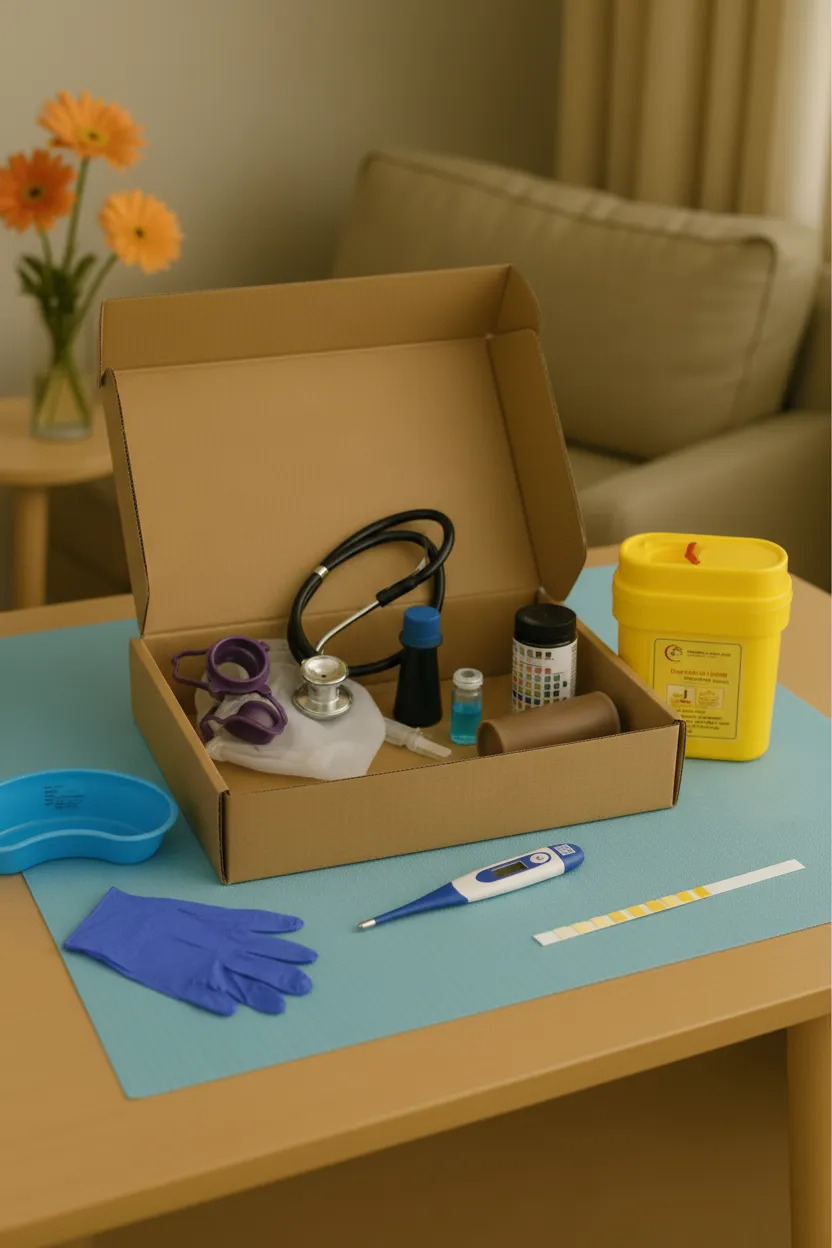
What you’ll learn
.png)
Weeks 1-4
Learn the foundational healthcare knowledge needed to become a well-rounded Medical Assistant. Topics include healthcare systems, medical terminology, anatomy, and physiology.
Weeks 5-9
Master the ins and outs of providing great patient care and handling tasks in a clinical lab setting. OSHA & HIPAA training and certification.
Master the ins and outs of providing great patient care and handling tasks in a clinical lab setting.
Weeks 10-15
Weeks 10-14
Practice the hands-on skills you’ll use every day as an MA with your Clinical Kit. You’ll also explore medical law and ethics and strengthen your communication skills when working with patients.
Weeks 16-20
Prepare for your national certification exam, get certified, and work with your dedicated coach to find an externship and then a full-time job.
Weeks 15-17
Prepare for your national certification exam, get certified, and work with your dedicated coach to find an externship and then a full-time job.
Pick Your Start Date
*Some classes may not be available in Pennsylvania. Apply to see which schedules are available in your area.
.webp)
01
Graduate from high school or complete your GED
All medical assistants must either graduate from high school or earn a GED. When applying for training programs or jobs, you’ll need to submit a copy of your diploma or certificate.
02
Enroll in & complete a medical assistant course
Medical assistant courses will prepare you to take a certification exam. The course will help you learn the basics of medical assisting, gain confidence, and prepare you to take your certification exam.
While certification is not required by government agencies in Arizona, most employers prefer or require their medical assistants to earn a certification.
03
Complete a medical assistant externship
A medical assistant externship is an opportunity for students to work with an experienced medical assistant in a real-life setting.
Arizona organizations that offer medical assistants externship opportunities may include United Health Group and Valle Del Sol.
Here at Stepful, we support our students to find the right extership placement. We work together to get them an interview with one of our 8,000 affiliated clinics to secure an externship.*
*Please note, students must be available M-F, 9-5 p.m. to be eligible for externship support.
04
Pass your medical assistant certification exam
Since Arizona does not require medical assistants to be certified, you can choose the certification training program and exam that works best for you.
Our Medical Assistant program specializes in preparing for the CCMA exam in 5 months. Our pass rate is +10 higher than the national average!
05
Search for jobs
Aspiring medical assistants might consider using websites like Indeed, Monster, or ZipRecruiter to find job opportunities in their area.
The Arizona Society of Medical Assistants is another good resource for medical assistant jobs in Arizona.
In Arizona, medical assistants do not have to pass a certification course. However, the Arizona Medical Board requires medical assistants to complete either an accredited training program or a training program designed by a physician. In addition, they must remain under the license of a licensed medical doctor or licensed registered nurse.
There are no licensing requirements for medical assistants working in Arizona. Medical assistants must work under the supervision of a licensed registered nurse or a medical doctor, who can delegate reasonable and safe tasks to the unlicensed medical assistant.
Medical assistants in Arizona have a positive job outlook, which gives them job security and a good chance of seeing wage increases over time.
As of May 2023, there were 22,180 medical assisting jobs in Arizona, or 7 jobs per 1,000 people.. Cities in Arizona with the highest number of medical assistants include Phoenix, Scottsdale, and Mesa.
Medical assisting is one of the fastest-growing fields in the United States. Job opportunities for medical assistants are expected to increase by 15% between 2023 and 2033.
Medical assistants across the United States earn an average of $42,000 per year or $20.19 per hour. In Arizona, medical assistants earn an average of $43,140 per year or $20.74 per hour with a median pay of $43,770 per year or $21.04 per hour.
$42,000
+15%
22,180
.webp)
The Arizona Society of Medical Assistants (ASMA) is associated with the American Association of Medical Assistants. They host conferences, send newsletters, post job opportunities, offer continuing education courses, and clarify laws for medical assistants.
The American Medical Technologists, the National Healthcareer Association, and the American Association of Medical Assistants also have conferences, continuing education courses, and other resources to help you throughout your medical assisting career.
What is included in Stepful’s Medical Assistant program tuition?
Our tuition includes access to the online learning platform, instructor-led Zoom classes, clinical sessions, NHA certification exam prep, dedicated 1:1 coaching, and career services. You don't need to purchase any textbooks or extra materials to succeed at Stepful.
What tuition payment options are available?
Students have the option to pay upfront or in installments with a flexible payment plan. Stepful offers partial scholarships. Reach out to our admissions team for more information.
What Medical Assistant certifications do you prepare me for?
Our classes prepare you to test for your National Healthcareer Association’s Certified Clinical Medical Assistant certification online or in person.
Do you help graduates find a job?
We help graduates who successfully complete our online medical assistant certification program, pass the National Healthcareer Association certificate exam, and complete their externship hours find healthcare jobs in their local communities to start their Medical Assistant careers.
What is the refund policy?
Students may drop out within the first two weeks of class and get a full tuition refund. Feel free to attend class to get a sense if this program is right for you. Please note the $59 enrollment fee to secure your spot in class is not refundable.
What are the requirements to enroll in your Medical Assistant program?
All you need is a copy of your high school or GED diploma and a stable internet connection for our course. That's all you need to learn the skills required to succeed as a medical assistant and get your medical assistant certification online.
Is the program online or in-person?
Our medical assistant program is 100% online and is followed by an optional in-person unpaid externship. Stepful has affiliation agreements with over 6,000 clinics across the nation and helps students get placed at an externship site for in-person clinical hours.
Do you have a partnership with the National Healthcareer Association (NHA)?
Yes! We are partnered with the NHA. All our graduates are eligible to take the NHA's national medical assistant certification once they successfully complete the program.
Join thousands of students getting certified with Stepful!

.svg)

.webp)

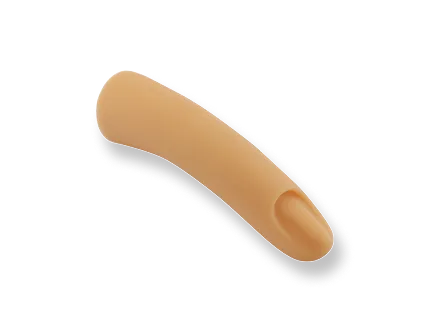

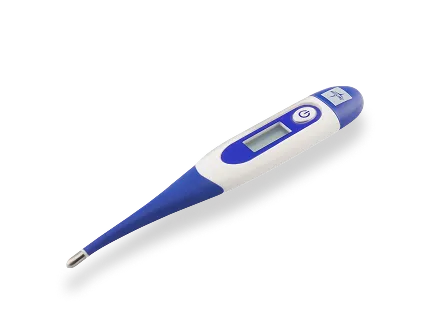
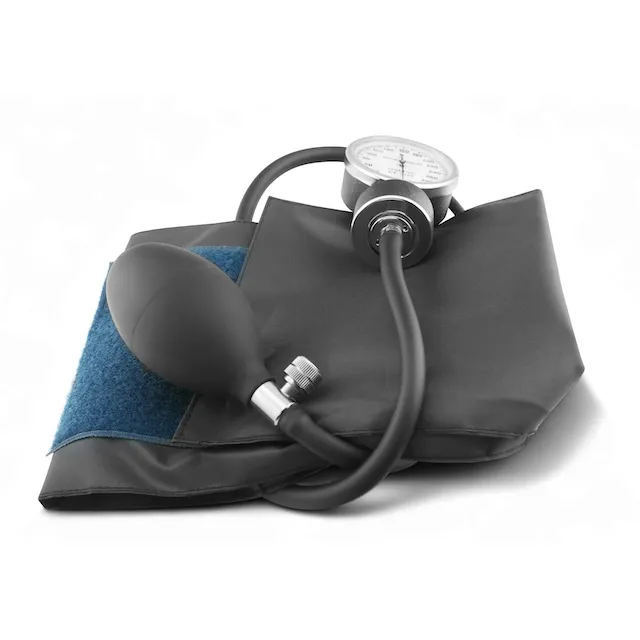
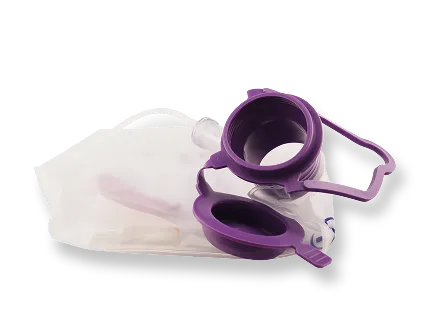

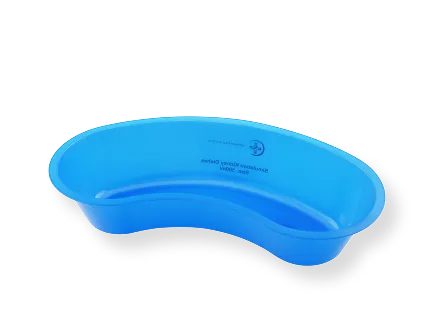
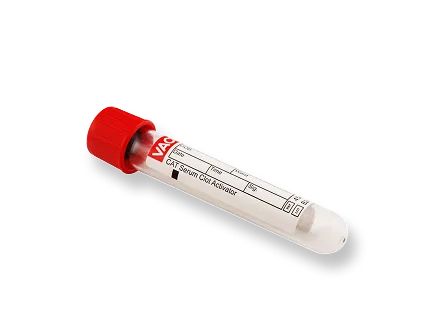

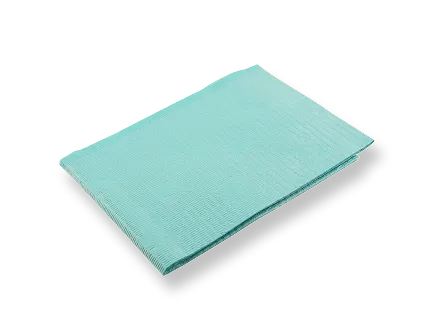
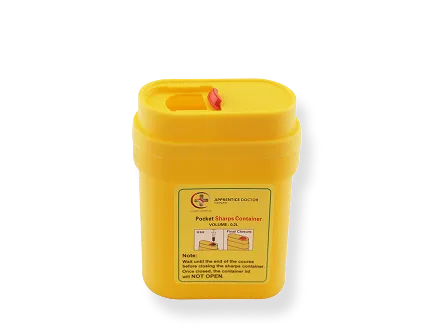

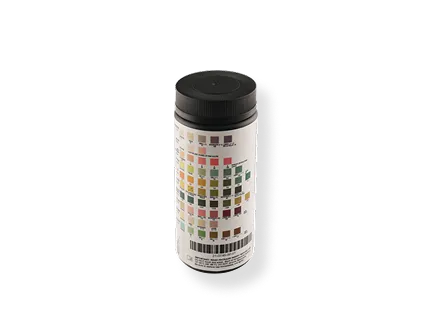
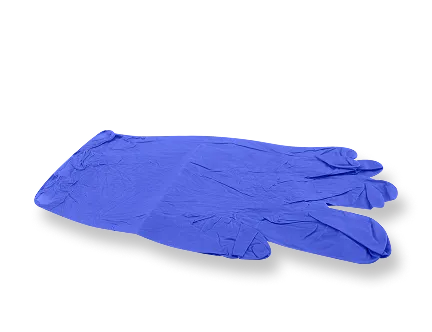
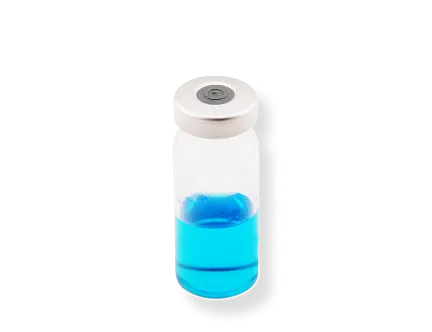
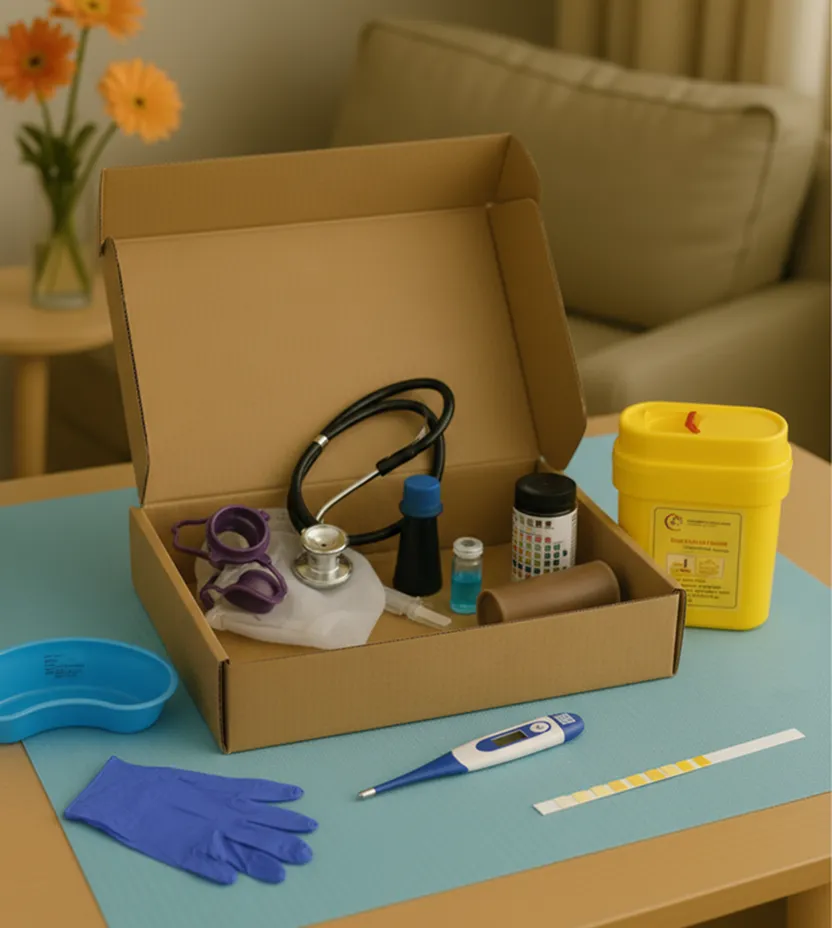

%202.svg)
.svg)
.svg)
.svg)
.webp)




